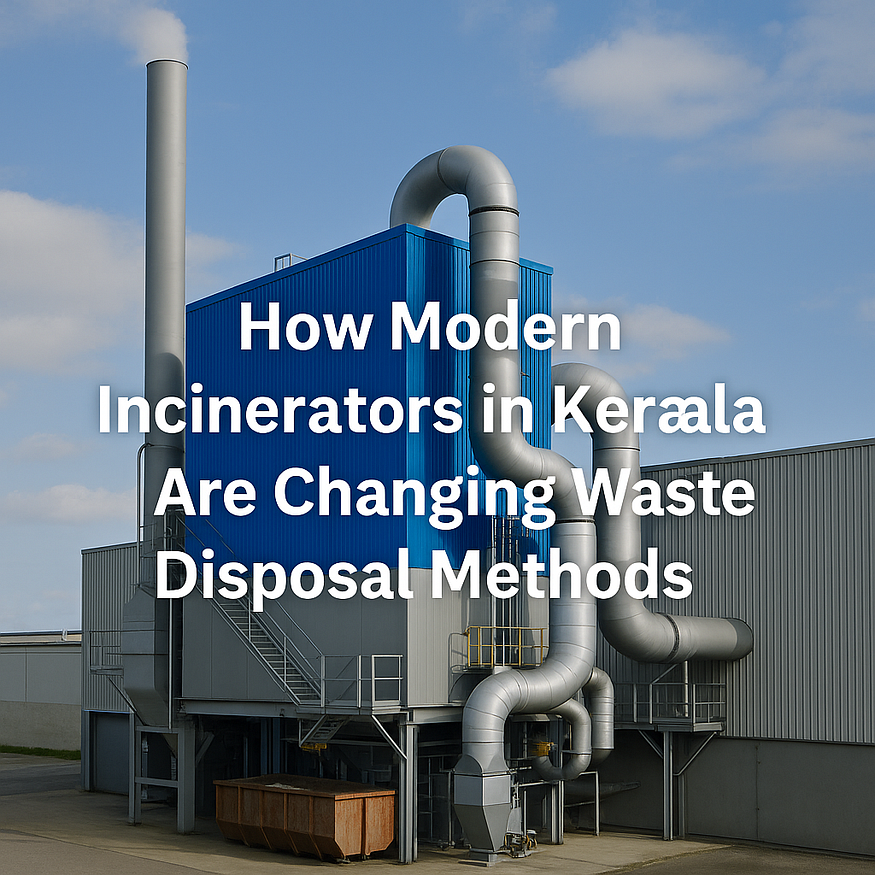biogas How Modern Incinerators in Kerala Are Changing Waste Disposal Methods

As urban populations continue to grow and waste generation reaches new heights, incinerators in Kerala are emerging as an essential component of modern waste management systems. By replacing outdated disposal practices with cleaner and more efficient solutions, incineration technology is helping Kerala move towards a more sustainable future.
What Are Incinerators and Why Are They Important?
Incinerators are devices used to burn solid waste at high temperatures, converting it into ash, flue gas, and heat. Unlike landfills or open dumping, incineration reduces the volume of waste significantly, making it easier to manage in densely populated areas. With proper emission controls, incineration can also minimize environmental pollution.
The Need for Incinerators in Kerala
Kerala, known for its high population density and limited land availability, faces mounting challenges in solid waste disposal. In response, several local bodies and private facilities have turned to modern incinerators as a viable waste treatment solution — especially for medical waste, non-recyclables, and municipal solid waste.
Technological Advancements in Incinerators
New-generation incinerators in Kerala are far more advanced than their predecessors. Features include:
- Automated combustion controls
- Real-time emissions monitoring
- Waste-to-energy integration
- Odor and smoke control mechanisms
These innovations make incinerators cleaner, safer, and more energy-efficient — meeting both environmental standards and public health concerns.
Hospitals and Hazardous Waste Management
Incinerators are crucial in managing bio-medical and hazardous waste from hospitals across Kerala. Proper disposal through high-temperature incineration prevents the spread of infections and ensures compliance with health and safety regulations.
Community-Level Solutions
Some municipalities are installing small-scale incinerators for apartment complexes, schools, and local markets. These localized units help minimize waste transport costs and offer a more convenient disposal method for segregated non-biodegradable waste.
Addressing Environmental Concerns
While critics argue about the air pollution risks of incineration, modern systems in Kerala are built with stringent pollution control norms. Filters, scrubbers, and real-time emission tracking help keep environmental impact minimal — provided they are operated and maintained properly.
Conclusion
Modern incinerators in Kerala are revolutionizing the way waste is processed and disposed of. With a growing focus on innovation, sustainability, and compliance, incineration is becoming an integral part of the state’s waste management infrastructure. As technology evolves, Kerala continues to lead by example in the adoption of efficient and responsible waste disposal practices.

Comments
Post a Comment